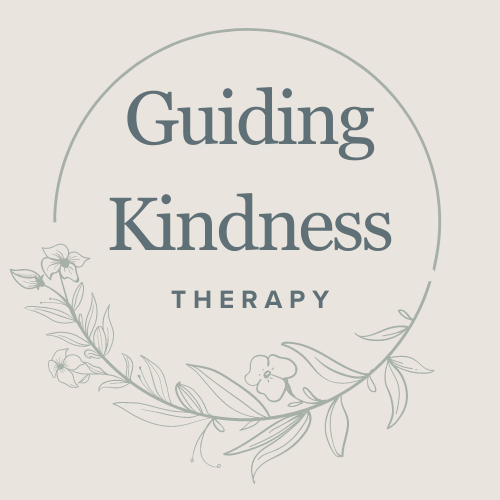Understanding Anxiety
I am writing today not only as a therapist but as someone that has been sitting on the couch. My hope is that by the end of this blog you will have a better understanding of what anxiety actually is.
The first time I ever remember having an anxiety attack I was about six years old. Now at the time I had no idea that it was anxiety but looking back on it I now know what it was. It wasn’t until I was in my early twenties that I officially got a diagnosis of Generalized Anxiety Disorder (GAD). I was sitting with my parents in a busy restaurant in downtown LA, and it felt like everyone was staring at me, like the world was watching. I felt the walls caving in, and my breathing suddenly change. All of sudden my mind was racing, ‘why are people looking at me funny?’ ‘When is the food coming?’ My father took me out side for some air, and after that I didn’t go out to eat again until I was about fifteen. Every time I tried an overwhelming feeling of worry and panic would ensure, so what did I do? I avoided. Anxiety and I were frenemies of sorts for the next fifteen years until I finally decided to do something about it.
Anxiety can feel like an endless cycle
People tend to use this term very fluidly, not necessarily knowing what it truly means to feel “anxious.” Anxiety is a normal and natural response to stress or perceived threats. It is a feeling of unease, worry, or fear that can vary in intensity from person to person. While it is normal to experience occasional anxiety, such as before a big presentation or exam, excessive or chronic anxiety can interfere with daily life and well-being.
Anxiety isn’t one size fits all
There are different types of anxiety disorders, including generalized anxiety disorder (GAD), panic disorder, social anxiety disorder, and specific phobias. These disorders involve persistent and excessive anxiety that can significantly impact a person's life. The one thing that I have learned as someone that has had years of therapy and being a therapist myself is that it is completely treatable with the right person.
Treatment for anxiety
Treatment for anxiety can look different for every person. Treatment options may include therapy, medication, lifestyle changes, and self-help strategies. The one thing that I hope you take away from this post is that you are not alone. Anxiety is something that everyone experiences in some capacity. However, If you or someone you know is experiencing anxiety that is interfering with daily functioning, it is recommended to seek professional help from a healthcare provider or mental health professional. If my story is one that you can relate to please reach out today for support.
